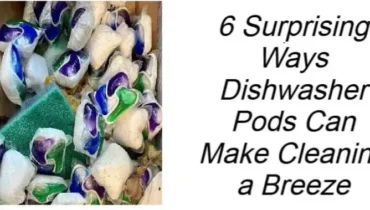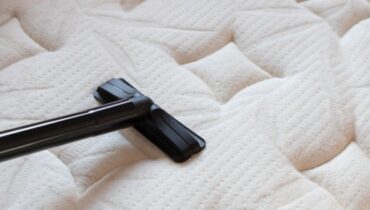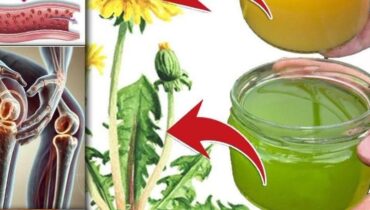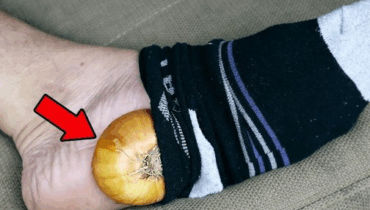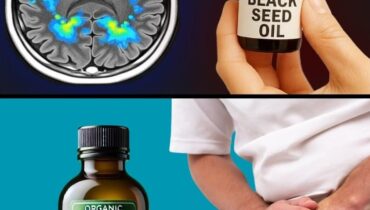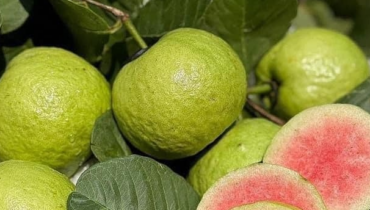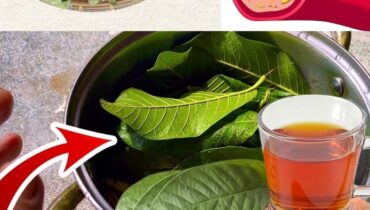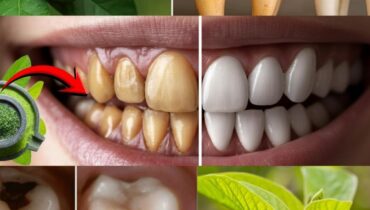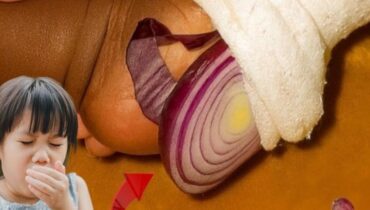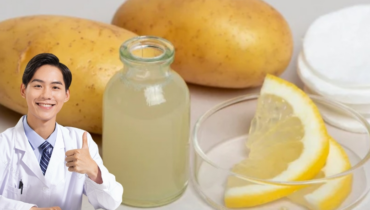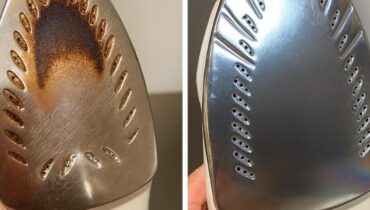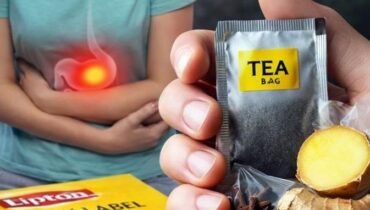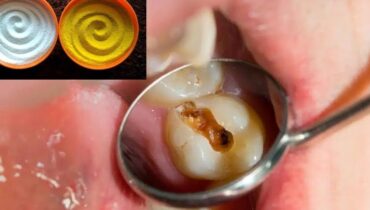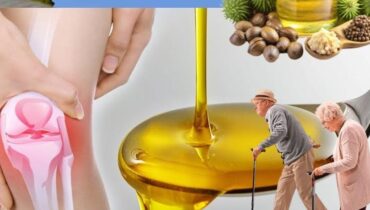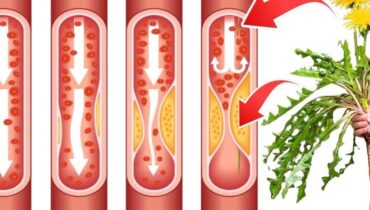📌 Stroke Prevention: 7 Everyday Habits That Could Save Your Life
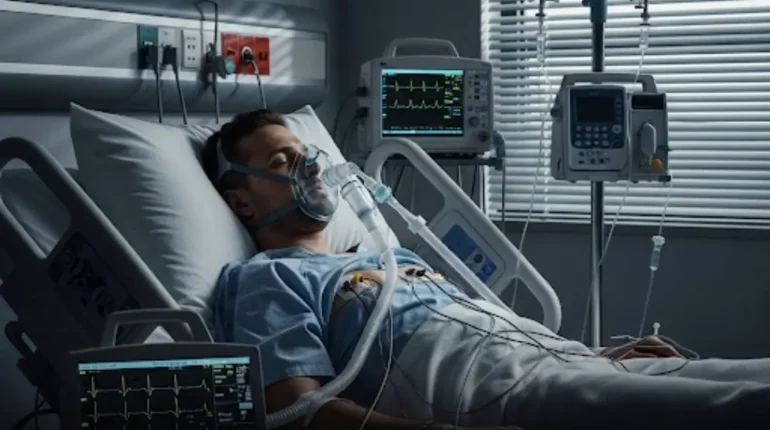
Posted 3 September 2025 by: Admin
The Good News: Up to 80% of Strokes Are Preventable
Modern medical research now confirms a powerful truth: up to 80% of strokes are preventable—not through expensive drugs or radical treatments, but by making smarter, simpler lifestyle choices. Two of the most critical time windows for stroke prevention are after meals and before bedtime.
What you do—or fail to do—during these windows can significantly affect your brain health. Our bodies respond to late meals, sedentary routines, alcohol, and disrupted sleep with elevated inflammation, blood pressure spikes, insulin resistance, and poor circulation—all factors that can increase stroke risk over time.
Let’s explore the 3 things you should never do after eating, and the 4 key behaviors to avoid before going to bed—all based on the latest scientific findings. By applying these habits daily, you can significantly lower your stroke risk, protect your brain, and support long-term health—no matter your age.
After Meals: 3 Things to Avoid
1. Don’t Sleep or Nap Right After Eating
Feeling sleepy after a meal is natural, but lying down too soon can interfere with digestion and metabolic function. Over time, this seemingly harmless habit is associated with:
- Insulin resistance
- Weight gain
- Elevated blood pressure
✅ Better alternative: Engage in light activity (e.g., tidying up, gentle stretching) to aid digestion and improve glucose control.
2. Don’t Stay Sedentary
Sitting or reclining immediately after a meal may feel comfortable—but it’s far from healthy. Staying inactive after eating:
- Slows digestion
- Causes spikes in blood sugar
- Weakens cardiovascular function over time
✅ Better alternative: Try a brisk walk, even around your home or block. Just 2,000–3,000 steps post-meal can make a measurable difference.
3. Don’t Drink Alcohol After Eating
Many people enjoy a drink after dinner to relax, but this habit could be silently damaging your brain and blood vessels. Studies link even moderate alcohol intake to:
- Increased inflammation
- Higher stroke risk
- Poor vascular function
✅ Better alternative: Choose non-alcoholic options like herbal tea, sparkling water, or infused water to support hydration and vascular recovery.
Advertisement:
Before Bed: 4 Critical Don’ts
1. Don’t Eat Dinner Too Late
Eating after 9 p.m. or too close to bedtime can interfere with your circadian rhythm, impair metabolism, and disrupt sleep. A large French study involving over 100,000 participants found:
- Eating after 9 p.m. increased stroke and cardiovascular risk by 28%
- Every hour’s delay in dinner or breakfast timing raised overall heart risk
✅ Better alternative: Finish dinner by 7:30 or 8 p.m., ideally 3 hours before bedtime.
Advertisement:
2. Don’t Go to Bed Too Late or Irregularly
Sleep quality and timing matter just as much as duration. Irregular sleep schedules or very late bedtimes are linked with:
- Higher blood pressure
- Poor glucose metabolism
- Greater stroke and heart attack risk
✅ Better alternative: Go to bed at the same time every night. Aim for 7–9 hours of consistent, high-quality sleep.
3. Don’t Drink Alcohol Close to Bedtime
While alcohol may help you fall asleep faster, it fragments sleep, lowers REM sleep, and increases stroke risk. It also causes:
- Blood pressure spikes
- Heart rate variability
- Inflammation and oxidative stress
✅ Better alternative: Choose calming alternatives like chamomile tea, lemon balm, or warm milk.
4. Don’t Consume Caffeine or Heavy Meals Late
Caffeine after 3–4 p.m. can delay sleep onset by hours, while late or heavy meals can cause indigestion, heartburn, and poor sleep quality.
✅ Better alternative: Eat light in the evening, avoid spicy/fatty foods, and stop all caffeine intake by mid-afternoon.
Advertisement:
Why These Habits Work: The Science Behind Them
1. Meal Timing, Circadian Rhythms, and Stroke Risk
Our body’s internal clock regulates everything from insulin sensitivity to inflammation. Eating or sleeping at odd times misaligns this clock, leading to metabolic strain, blood sugar swings, and chronic inflammation—all risk factors for stroke.
2. Sleep Quality Is Brain Health
Stroke risk rises with poor sleep patterns—even in people with no other major health problems. Sleep apnea, snoring, and inconsistent sleep have all been strongly linked to cardiovascular and cerebrovascular disease.
3. Small Lifestyle Changes = Major Stroke Prevention
Combined with other protective behaviors (like managing blood pressure, avoiding tobacco, and eating whole foods), these simple changes can dramatically lower the chance of stroke—even for those with family history or previous risk factors.
Putting It All Together: A Stroke-Preventing Daily Routine
Morning & Afternoon
- Eat a healthy breakfast before 9 a.m.
- Choose whole foods rich in fiber, healthy fats, lean protein
- Exercise at least 30 mins/day, 5 days a week
- Stay hydrated and avoid excessive sodium
After Meals
- Wait 2–3 hours before lying down
- Take a 20-minute walk
- Avoid alcohol—drink herbal tea or water instead
Evening & Bedtime
- Eat dinner by 8 p.m.
- Avoid heavy meals, caffeine, and alcohol late at night
- Limit screen time 1 hour before bed
- Stick to a consistent bedtime schedule
Final Tips to Stay Stroke-Free
- Implement one habit at a time—small changes add up
- Use a habit tracker or app to monitor eating and sleep patterns
- Set phone reminders for meals and bedtime routines
- Share this knowledge with loved ones—it can save lives
Stay consistent. Stay proactive. A few smart habits today can protect you from a stroke tomorrow.



